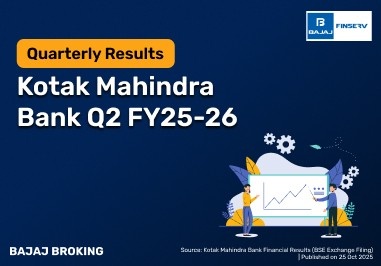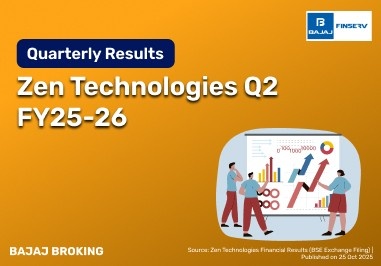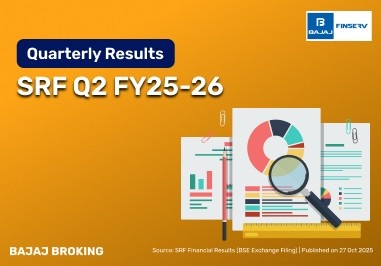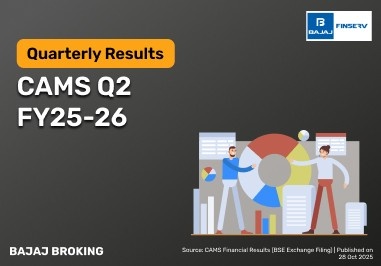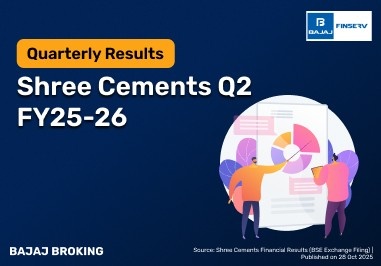Overview
Welcome to our exploration of the stock market today, a dynamic arena where fortunes are made and economic landscapes are shaped. In this overview, we delve into the fundamental workings of the stock market, the compelling reasons to invest, essential considerations for prospective investors, and the inherent risks that come with market participation. Moreover, we underscore the significance of staying informed about daily market movements to empower investors in making informed decisions that drive their financial success.
Understanding the Stock Market: A Beacon of Economic Activity
The stock market serves as a vital platform for buying and selling shares of publicly traded companies. It operates on the principles of supply and demand, with investors trading securities such as stocks, bonds, and derivatives. Through the mechanism of stock exchanges, companies raise capital by issuing shares to investors, who, in turn, seek to profit from price appreciation and dividends.
Why Invest in the Stock Market: Unlocking the Benefits
Investing in the stock market offers a multitude of benefits for individuals seeking to grow their wealth and achieve financial goals:
- Potential for Growth: Stocks have historically delivered higher returns compared to other asset classes over the long term, offering investors the opportunity for wealth accumulation and capital appreciation.
- Dividend Income: Many companies distribute a portion of their profits to shareholders in the form of dividends, providing investors with a steady stream of income.
- Portfolio Diversification: Investing in a diversified portfolio of stocks can help mitigate risk by spreading investments across various sectors and asset classes.
- Ownership Stake: Investing in stocks grants individuals ownership stakes in companies, allowing them to participate in corporate growth and decision-making processes.
Things to Consider Before Investing: Essential Insights
Before diving into the stock market, it's crucial to consider the following factors:
- Investment Goals: Clarify your investment objectives, whether it's long-term wealth accumulation, income generation, or capital preservation.
- Risk Tolerance: Assess your risk tolerance and investment horizon to align your investment strategy with your financial circumstances and objectives.
- Market Research: Conduct thorough research and analysis of companies, industries, and market trends to make informed investment decisions.
- Diversification: Diversify your investment portfolio across different asset classes, sectors, and geographic regions to spread risk and enhance potential returns.
- Choosing the right platform: There are plenty of fintech platforms and brokers who can get you access to the stock market in India. However, before investing your hard earned money, you must compare and evaluate them on factors such as brokerage charges and other fees, security, user-friendliness, technical superiority, market insights, and ease of usage.
Risks Associated with Stock Market Participation: Navigating Uncertainties
While the stock market offers lucrative opportunities, it also entails inherent risks that investors must be aware of:
- Market Volatility: Stock prices can fluctuate widely in response to economic indicators, geopolitical events, and company-specific news, leading to potential losses for investors.
- Liquidity Risk: Some stocks may have low trading volumes or limited market liquidity, making it challenging to buy or sell shares at desired prices.
- Company-Specific Risks: Individual companies may face risks such as management changes, competitive pressures, regulatory challenges, or financial distress, impacting their stock prices.
- Market Timing: Attempting to time the market or predict short-term price movements can be speculative and may result in losses for investors.
The Value of Daily Market Insights: Empowering Informed Decision-Making
Staying informed about daily market happenings is essential for investors seeking to navigate the complexities of the stock market effectively. By monitoring market trends, economic indicators, corporate earnings reports, and geopolitical developments, investors can make timely and informed investment and trading decisions that align with their financial goals and risk preferences.
In conclusion, the stock market serves as a dynamic arena for wealth creation and investment opportunities. By understanding its fundamental workings, recognizing the benefits of investing, considering essential factors, and acknowledging inherent risks, investors can embark on their journey with confidence. Stay tuned to daily market insights to unlock the full potential of your investments and seize opportunities in the ever-evolving world of finance.
Top Headlines of the Day
- Class 8 Truck Orders in North America experienced a notable decline in March, dropping by 9% compared to the same month last year and 33% from the previous month, with orders falling below 20,000 units for the first time since August 2023. This downturn represents the fourth consecutive month of declining orders.
- JSW Energy's board has approved a fundraising initiative to secure up to ₹5,000 crore through a Qualified Institutional Placement (QIP), setting the floor price at ₹510 per share, and an indicative issue price at ₹485 per share.
- Anupam Rasayan entered into a significant business deal, signing a Letter of Intent with a Japanese multinational company. The agreement is valued at $90 million, approximately translating to ₹743 crore.
- PNC Infratech finalized a settlement agreement with the National Highways Authority of India (NHAI) and PNC Raebareli Highways, amounting to 1.17 billion rupees. This agreement marks a pivotal resolution between the involved parties.
- Indiabulls Real Estate is gearing up for a board meeting on April 5th, with a key agenda to discuss and possibly approve a proposal for raising additional funds to support its operations and growth strategies.
- In the financial markets, Foreign Institutional Investors (FIIs) recorded a net sell of ₹1,622.69 crore in equities, indicating a pullback from the Indian equity market. Conversely, Domestic Institutional Investors (DIIs) showed increased confidence by net buying equities worth ₹1,952.72 crore in the previous session, underscoring their bullish outlook on the Indian market.
Market Overview
Global Market Insight: A Detailed Overview
U.S. Market Movement:
- Stock Index Performance: The major U.S. stock indexes, including the S&P 500, NASDAQ Composite, and Dow Jones Industrial Average, experienced a decline of about 1% on Tuesday.
- Treasury Yields: The yield on 10-year Treasuries reached a four-month high, influenced by strong labor demand data, hinting at a possible delay in Federal Reserve's interest rate cuts.
- Labor Market Data: U.S. job openings slightly increased to 8.756 million at the end of February, according to the Labor Department's Bureau of Labor Statistics.
- Tesla’s Impact: Tesla shares dropped by nearly 5%, contributing to Wall Street's downturn after quarterly deliveries fell short of expectations.
Other Asset Classes:
- Treasury Yields: Following positive manufacturing data and consumer spending, 10-year Treasury yields rose to 4.405%, marking a multi-month high.
- Dollar Movement: The dollar reached a four-month high against major currencies but later retreated due to potential intervention fears.
- Oil Prices: Brent crude surpassed $89 a barrel amid attacks on Russian energy facilities by Ukraine. U.S. crude settled at $85.15 a barrel.
- Gold Prices: Gold reached a new all-time high of $2,276.89 an ounce amid Middle East tensions and a strong dollar.
Asian Market Trends:
- Market Performance: Asian markets opened lower, influenced by Wall Street’s decline and higher Treasury yields.
- Specific Indexes: Japan’s Nikkei 225 and South Korea’s Kospi both recorded losses in morning trade.
Indian Market Outlook:
- Nifty Predictions: A gap down opening is expected for the Indian market, with Nifty predicted to trade with a corrective bias.
- Market Range: Nifty spot is anticipated to oscillate within the range of 22250-22480.
Short-term Nifty Outlook:
- Market Behavior: The Nifty index showcased a range-bound movement, closing marginally lower by 9 points.
- Bank Nifty Performance: Similarly, Bank Nifty experienced minimal losses, emphasizing the broader market’s outperformance.
- Consolidation Phase: The index signals a consolidation phase, hinting at potential upward movement towards 22700-22800 levels.
Intraday Levels:
- Nifty Resistance & Support: Identified intraday resistance at 22450 and 22530, with support levels at 22310 and 22250.
- Bank Nifty Dynamics: Resistance marked at 47550 and 47680, while support found at 47210 and 47050.
Derivative Data Analysis:
- Nifty Analysis: Notable resistance and support levels identified through OI addition, suggesting a critical range between 22300 and 22500.
- Bank Nifty Insights: Option chain analysis reveals strong resistance and support levels, indicating potential market movements.
Disclaimer: Investments in the securities market are subject to market risk, read all related documents carefully before investing.
This content is for educational purposes only. Securities quoted are exemplary and not recommendatory.
For All Disclaimers Click Here:https://bit.ly/3Tcsfuc





